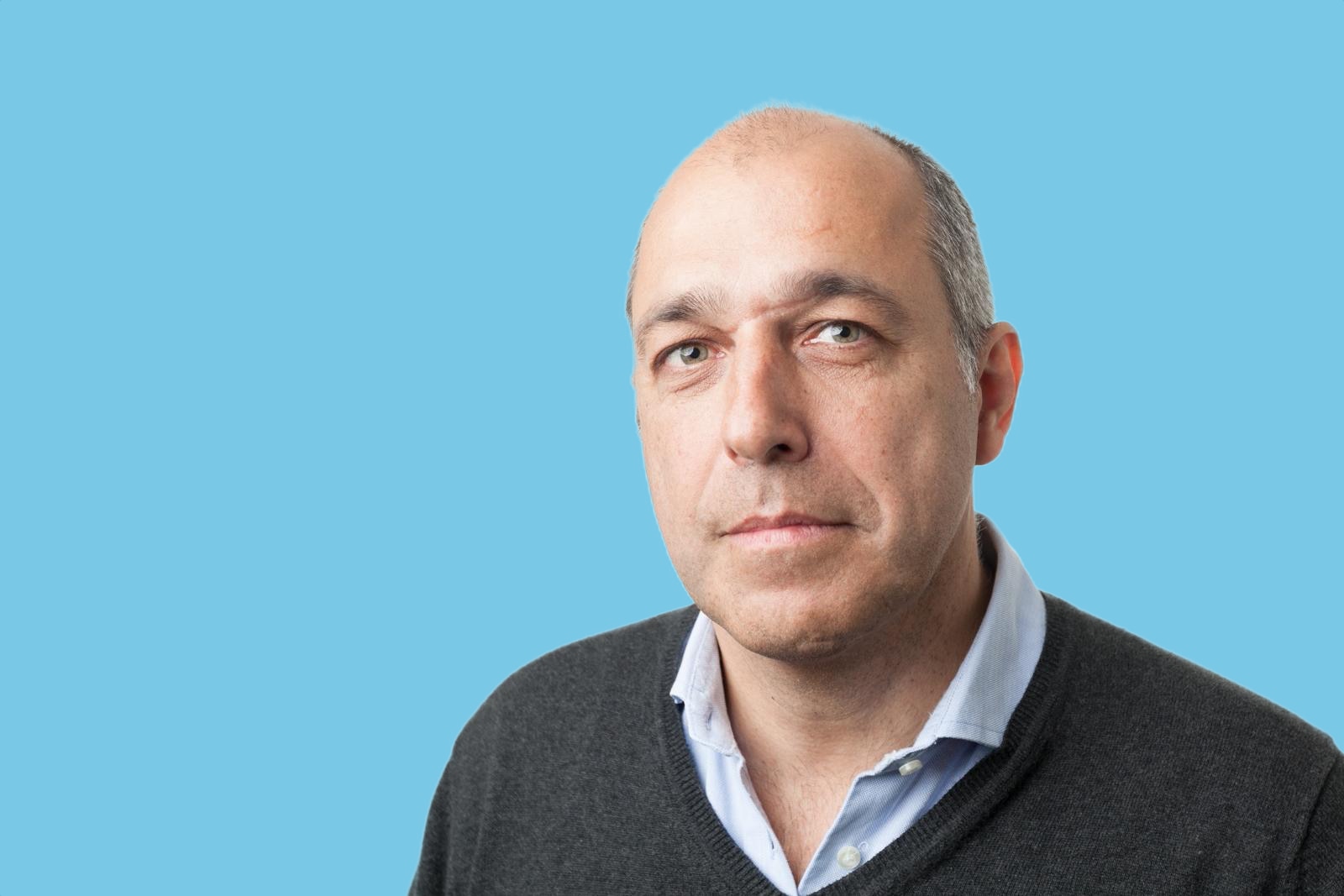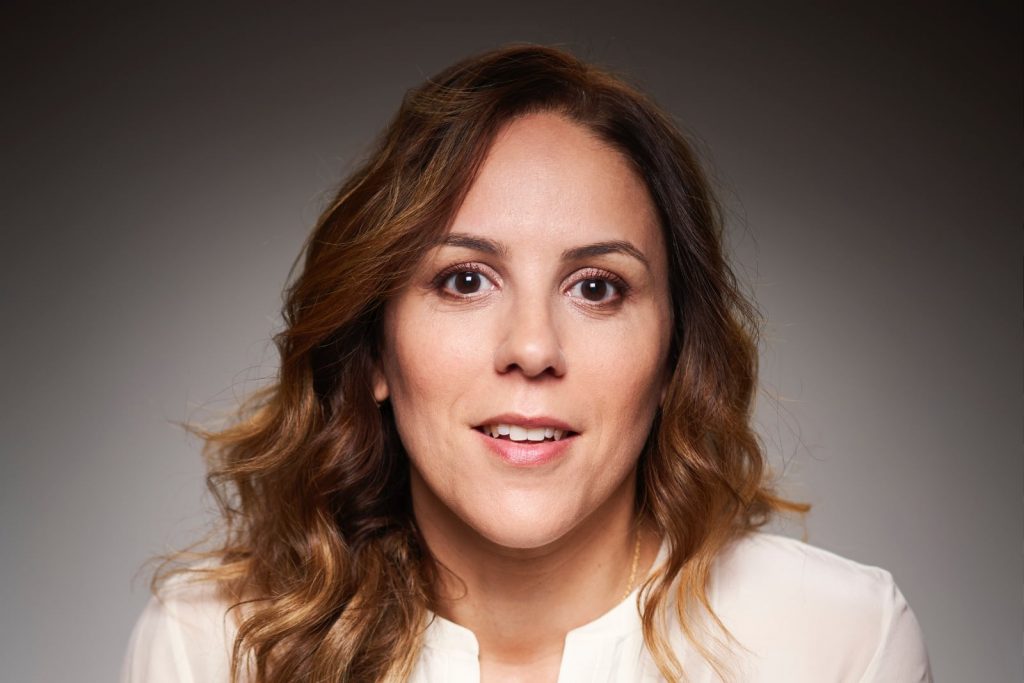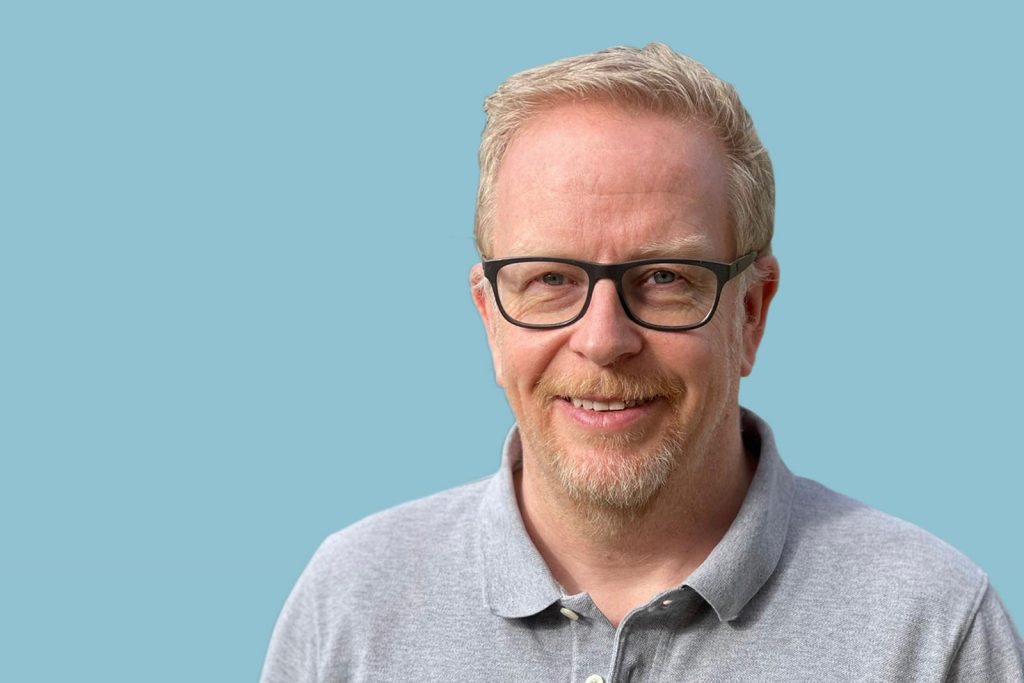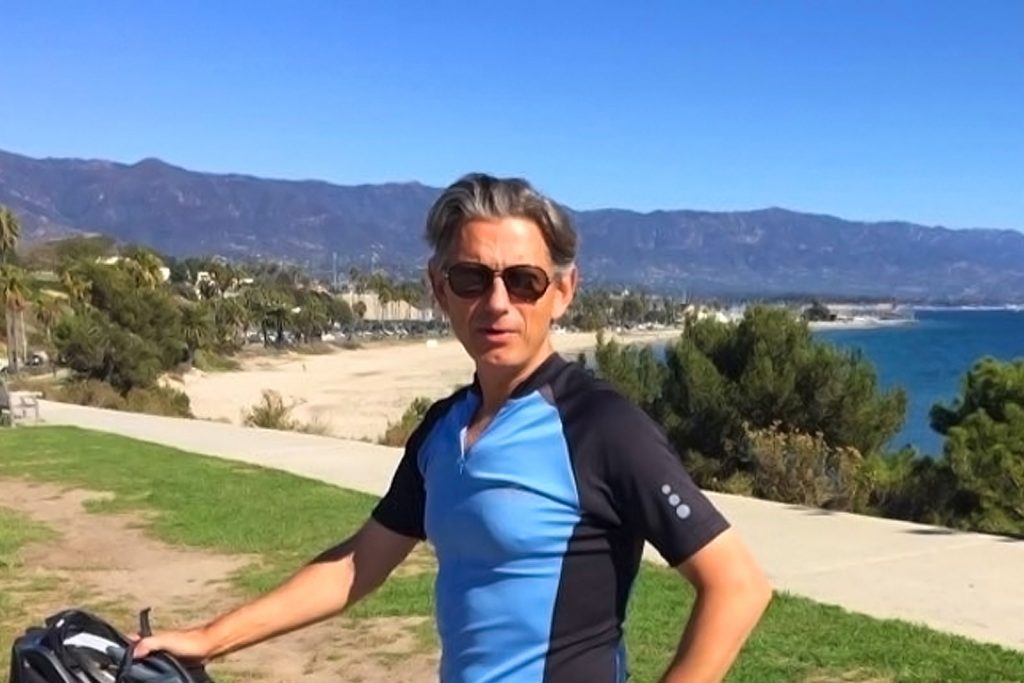Always with a positive approach, Pedro Colaço likes to make a difference every day in his work. The CEO of GuestCentric, Great Hotels of the World and Small Portuguese Hotels sees difficulties as a challenge. He is always ready to react to market changes in an agile and fast way.
1. Pedro Colaço is CEO of GuestCentric, Great Hotels of the World and Small Portuguese Hotels. Could you imagine, at this point in your life, being at the head of these three companies?
I must confess I did not. I imagined taking on one project at a time, but in life, opportunities come up unexpectedly. GuestCentric was a company designed from scratch, with a highly structured business plan. Great Hotels of the World has been an opportunistic purchase. And Small Portuguese Hotels was a project born as a response to the pandemic.
2. How did you start your journey as an entrepreneur and what were the biggest difficulties you faced?
Leaving Siemens and joining the start-up Castle Networks/Unisphere was due to my desire to work in a completely different way: to implement the decisions made and see the results achieved. A more “hands-on” job, which is something very difficult to get in the corporate environment of a multinational company. It was in the Boston/New Jersey domain that I learned what it was like to build a corporation just with great people, with good ideas. From there, starting a business from scratch was just one step.
The biggest challenge for me was returning to Portugal, where the business environment is, by nature, conservative and risk-averse; and the start-up ecosystem is just beginning. For example, no one embraced the idea that to build great companies you need to define their trajectory and finance their growth.
3. How did you get into the tourism industry?
It was totally random. After building companies in the United States and Ireland, my business partner, Filipe Machaz, and I were looking for the “next step” and evaluated several industries. Tourism came very naturally because Filipe’s family had many contacts in this field. We had already identified the need for a technology solution for hotels, so validation was quick and we created GuestCentric.
4. What does it mean to you to be professionally successful?
Professional success is waking up in the morning and not hesitating to go to the office (even if the “office” is the kitchen table during the pandemic). It is about feeling we make a difference every day. It is creating a brand that attracts and motivates a team of outstanding professionals who make their careers there. And last but not least, it is having a portfolio of happy customers, partners, for whom we work with pleasure and commitment.
5. Small Portuguese Hotels is an initiative focused on Portugal. What particularities do you find in our national market?
The Portuguese hotel market is made up of small and micro family-owned companies. We have great hoteliers, world class innovators. In this industry, management is usually great at customer service but it faces huge difficulties in sales and digital marketing.
That is where Small Portuguese Hotels comes in, allowing small businesses to have access to cutting-edge technology and sales, supported by an experienced sales team that builds partnerships to increase awareness of the SPH brand and its more than 140 members, thus maximizing sales in the domestic market.
6. It is impossible not to mention the Covid-19 pandemic and the profound changes it has caused in society as a whole. Tourism has been one of the most affected areas. What strategies have you used to overcome such adversity at the professional level? And which piece of advice do you give to entrepreneurs who are struggling the most?
In our companies, we believe we have to be ready to react to market changes in an agile and fast way. But to succeed, we have to stay close to our customers and teams, and to be open and honest with them.
The pandemic was no exception. We immediately launched support measures for customers and held regular meetings – even if only virtual – with everyone, to monitor their reality. At the same time, we have been very concerned about the working conditions and well-being of our employees – both physical and mental – with numerous team building and training initiatives. Together, we have come through this very difficult time.
The first project we launched, in the midst of the pandemic, was RoomsAgainstCovid.com – a no-cost platform to help healthcare professionals protect their family members by staying, for free, in local accommodation apartments. Many thanks to Tiago Araújo, from HiJiffy, who challenged us to this project; to Eduardo Miranda, from the Local Lodgings Association in Portugal (ALEP), who made the lodgings available; and to Luís Araújo, from Turismo de Portugal, who co-sponsored the costs of the rooms.
Regarding our business, the pandemic brought a new point: travel restrictions. Until then, trips had become more accessible and easier, with Low Cost airlines, the Schengen area that allows for unhindered international travel, and visa liberalization for the Americas or Asia. With those restrictions due to Covid-19, it all has changed.
Then, the challenge was to turn to the domestic market, and hence the birth of Small Portuguese Hotels for our Portuguese customers.
As for a piece of advice, just take advantage of the good business years, to “save for a rainy day”, as the Americans say. And avoid excessive debt, because the macro context is much more uncertain than it seems.
7. How do you define the current business traveler?
Interesting question, as they are non-existent so far. I am having this interview on the plane returning from a conference in Berlin. I would say the business traveler has not changed; they are the same as before the pandemic. They value convenience, price, and service. And they are looking forward to being able to travel at a good pace again.
8. Have hotels been able to respond to this kind of traveler profile? What could they improve on a general basis?
I think the nature of business travel has changed dramatically. The business traveler wants a strong leisure component. Hotels today have to be fun. They must have lively common areas, where it is easy to work and have a cup of coffee, but which turn into something livelier at night.
9. The world has changed, home office has been discovered, and more meetings are being held online. Do you believe this reality is here to stay or will business travel take up again with intensity?
In the near term, I think business travel will be reduced, as the travel budget is being used to pay for the technology that enables home office.
10. Who is Pedro Colaço, besides CEO of these three companies?
Married, father of three, somewhat reserved, and an incorrigible foodie – I might take a trip just to go to a restaurant. I like to have some fun at work, but I also enjoy my free time to hang out with friends.
11. What are those trips you want to take, but have been putting off for lack of time?
I have only two dream trips that I still have not been able to take: going to Patagonia to see the blue ice and traveling to the Arctic Polar Circle to see the aurora borealis.
12. What is that one essential item that you cannot do without on your trip?
A toothbrush?
13. Finally, if you could go back in time, what piece of advice would you give Pedro Colaço when he started his professional career?
Do not hesitate. There is always time to correct mistakes.



